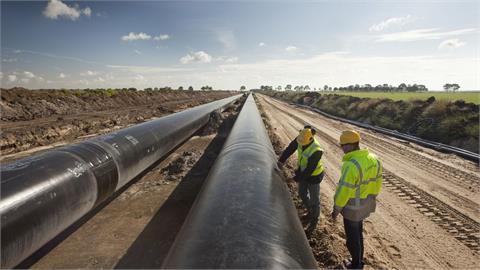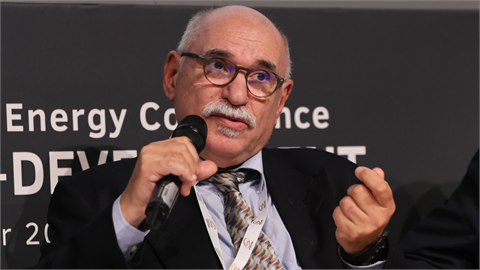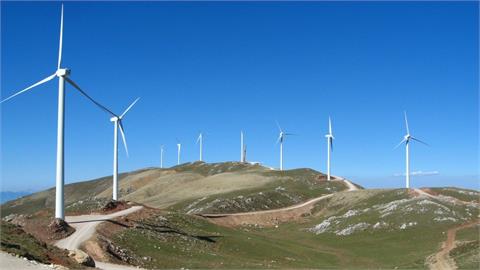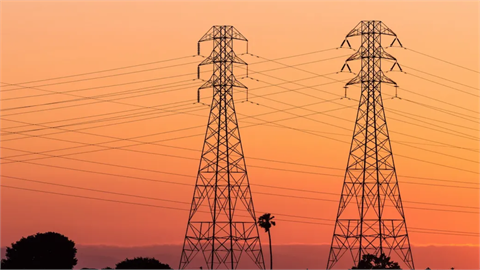With strong support from local industry the Institute is currently conducting an important study in order to estimate the necessary investment (CAPEX) and operational cost of Greece’s first major CCUS hub. The present study follows an earlier one by IENE on, “CCUS Technologies in Greece-Prospects for implementation” (here) which was completed in 2023
With strong support from local industry the Institute is currently conducting an important study in order to estimate the necessary investment (CAPEX) and operational cost of Greece’s first major CCUS hub. The present study follows an earlier one by IENE on, “CCUS Technologies in Greece-Prospects for implementation” (here) which was completed in 2023.
One of the conclusions of the above study concerned the creation of a series of CCUS hubs in different costal locations in Greece culminating in a roadmap for their construction and operation. The time framework of the proposed roadmap extended well into the start of next decade and proposed the setting up of CCUS hubs in the Attica region, in Thessaloniki, in Alexandroupolis and in Volos.
The current IENE study focuses on one specific CCUS hub, namely the one to be located in the Attica region where the greater concentration of CO2 emissions are to be found. The total amount of emissions from industry and power generation from the Attica region and neighbouring areas alone are in the order of 3.0 mt to 4.8 mt per year. The study will estimate the CAPEX involved in building the various components of the hub which will comprise the CO2 capturing mechanisms in the various industries, the extended CO2 pipeline transmission system, the liquefaction plant,the temporary storage and the necessary port and loading facilities. Furthermore the study will examine the liquefied CO2 shipping arrangements and eventually the permanent storage of CO2 at the Prinos facility.

The study, which is to be completed by the end of this year is backed by the following energy companies: Helleniq Energy, DESFA- the independent gas transmission operator of Greece, the Hellenic Hydrocarbons and Energy Respurces Management Company (HEREMA) and Asprofos, a major engineering consulting company.




